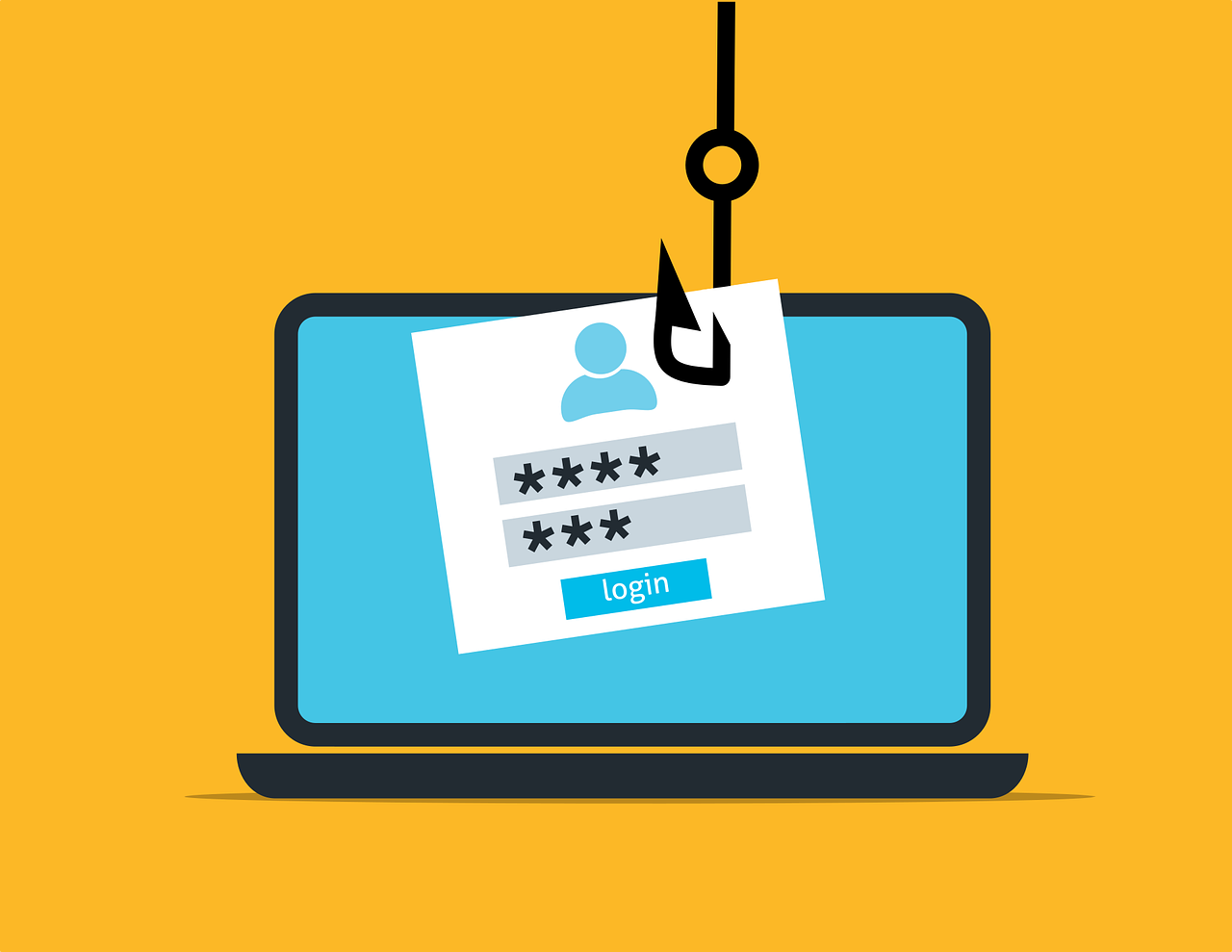As an entrepreneur, you face a number of unique challenges that stress your mental health. As an entrepreneur during the COVID-19 pandemic, those stressors are multiplied. Perhaps you’ve had to layoff team members, or you are in the hospitality industry facing a sharp decline in revenue. Maybe you’ve watched your business take a tumble after years of hard work to make it grow. Even those that have seen their business boom due to having COVID-advantaged products and services can feel the strain. Growth means more resources and people needed –both of which are in short supply among ever-changing restrictions and infection rates.
As an entrepreneur, protecting your mental health has always been important and it is now more so than ever. Don’t ignore the warning signs of mental health decline, and don’t get caught up in the trap of thinking, “well others have it worse,” or “I don’t want to take support resources from someone that needs it more.” Entrepreneurs tend to be lone wolves that try to do it all, but it is not safe or smart to gamble with your health at any time, and especially not now.
What are some signs of declining mental health?
Here are some things to watch out for that show a decline in mental health (this is not an all-inclusive list):
- Cognitive changes: suddenly finding it difficult to remember things, follow logical thought patterns, or speak clearly and effectively
- Functionality: difficulty in finding the motivation to perform the acts of daily living (eating, bathing, etc.) and tasks or enjoy hobbies and social interaction
- Dark thoughts: thoughts of self-harm, ceasing to exist, or harming others
- Appetite: loss of or increased appetite
- Panic attacks: feelings of overwhelming panic and distress
Reaching out for help
First and foremost, recognize that you have every right to reach out for help whether your symptoms are mild or severe. Mental health professionals are ready, willing, and able to assist you. Group benefits are a great place to start as there is often a financial allowance for therapy and therapy support. The Employee Assistance Program provides free, confidential short term support on most group plans.
But what if you don’t have health benefits? Many solo entrepreneurs and startups don’t have group benefits in place. If you are without benefits, consider the following:
- Check your spouse or partner’s plan to see if you are covered under their policy.
- Check your personal life insurance plan to see if any perks or benefits include mental health support.
- Check out phone apps. There are a variety of mental health support apps from mediation to connecting you with peers, to remote connections with support workers. Some have a cost involved.
- Contact local private therapy services. If cost is an issue look for one with a sliding scale.
- Crisis lines: call one or dial 911 if you are about to harm yourself or others.
- The Canadian Mental Health Association has a lot of information and links to resources, including the free BounceBack® program.

You are not alone
Remember, you are not alone during these stressful times. Entrepreneurs tend to try and do it all but when it comes to your mental health, reach out for the support you need, as you need it.











